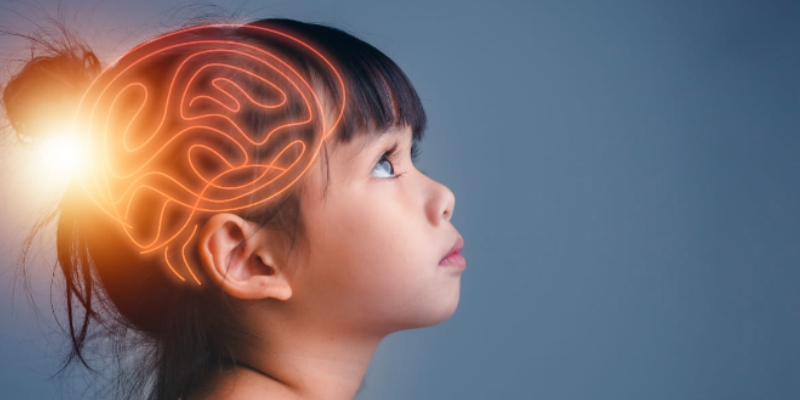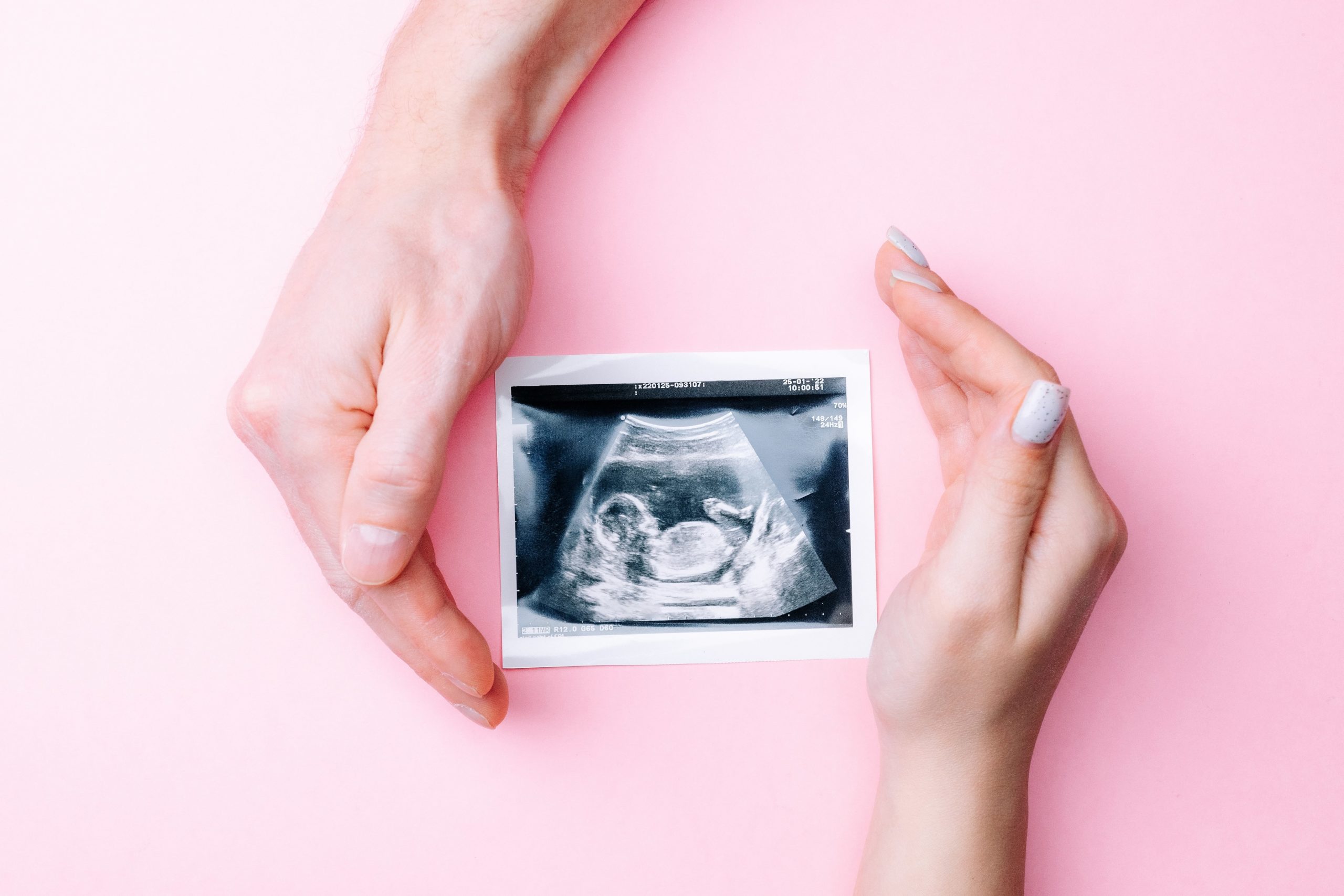Author - Dr. Pawan Deep Singh
M.B.B.S, DCH, DNB Pediatrics, Consultant - Paediatrics & Neonatology
Brain Tumours in Children
Paediatric brain tumours refer to abnormal growth or masses of abnormal cells lodged in a child’s brain or surrounding tissues. According to Dr. Pawan Deep Singh, M.B.B.S, DCH, DNB Pediatrics many different types of paediatric brain tumours exist and the treatment may depend on your child’s age and location of the tumour. The treatment for children is different from treatment for adult brain tumours. Hence, if you notice any sudden change in your child’s behaviour consult the top paediatric surgeon in Chandigarh at the earliest.
What is a Paediatric Brain Tumour?
A paediatric brain tumour refers to abnormal growth in a child’s brain. Upon genetic changes, a brain cell may undergo abnormal changes. Changes in the genetic makeup of the brain cells lead to tumour formation. Such tumours are the most common in children affecting over 5000 kids every year.
Different types of paediatric brain tumours can occur at any age from birth to adolescence. It may be malignant (cancerous) or non-malignant (benign or non-cancerous).
What are the Different Types of Brain Tumours in Children?
The top paediatric surgeon in Chandigarh enlists the following types of brain tumours in children:
-
Gliomas
Gliomas begin in the glial cells of the brain. These cells are responsible for nourishing and protecting your brain tissues.
-
Embryonal tumours
These tumours begin in the foetal or embryonic cells of your nervous system.
-
Pineal tumours
A pineal tumour develops in the pineal gland. The tumour may be cancerous or non-cancerous.
-
Craniopharyngiomas
Craniopharyngiomas are non-cancerous tumours that begin in or near the pituitary glands.
-
Germ cell tumours
Germ cell tumours are cancerous types that start from embryonic cells and can spread to the entire central nervous system.
What are the Causes of Brain Tumour?
A brain tumour begins when healthy cells multiply and grow abnormally. It may be due to:
- Change in the genetic makeup of the cell.
- A family history of cancer-forming genes.
- Radiation exposure.
What are the Symptoms of a Brain Tumour in Children?
The signs and symptoms of a brain tumour in children depend on the type of cancer, severity, location, and its growth rate. The top paediatric surgeon in Chandigarh suggests watching out for the following symptoms in children:
- Excessive tiredness and sleepiness.
- Early morning headaches that go away only when your child vomits.
- Increase in size of your child’s head.
- Nausea and vomiting.
- Hearing, vision, and speech issues.
- Balance issues.
- Lack of coordination.
- Sudden behavioural changes.
- Weakness in your child’s arms, legs, or on one side of their body.
- Sudden seizures.
How is a Paediatric Brain Tumour Diagnosed?
If you notice any of the above symptoms, the top paediatric surgeon in Chandigarh will conduct the following tests to confirm the presence of cancer:
- Physical examination.
- Neurological examination.
- Imaging tests including MRI, CT, and PET scan.
- Blood test.
- Biopsy.
- Spinal tap.
How is a Paediatric Brain Tumour Treated?
The treatment of the brain tumour may depend on the type of tumour, location, size, and growth rate of the tumour. The treatment includes:
- Surgery.
- Chemotherapy, targeted therapy, or immunotherapy.
- Radiation therapy.
Paediatric brain tumours can be overwhelming for parents. If you suspect any sudden change in your child’s health or notice the above symptoms, consult Dr. Pawan Deep Singh at the Motherhood Hospitals.



















No comment yet, add your voice below!